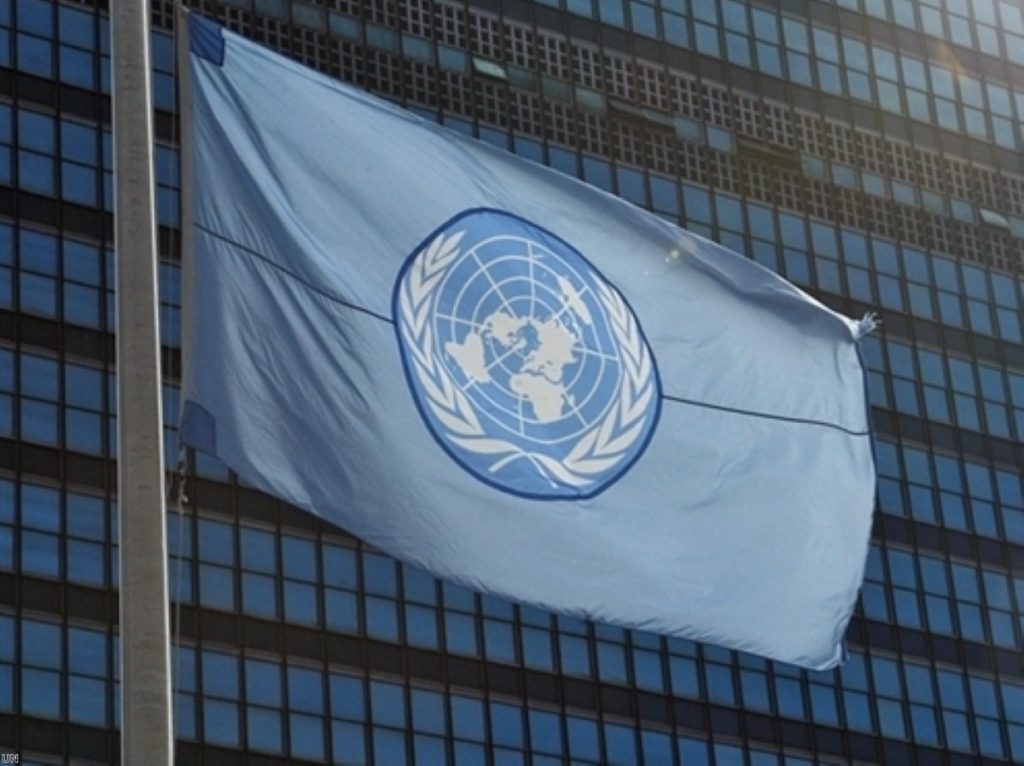Libya intervention edges closer
Muammar Gaddafi’s use of jets and helicopter gunships against rebel forces has prompted western powers to press ahead with their plans for a no-fly zone over Libya.
Pro-government forces used their air support effectively to push back rebels from Bin Jawad yesterday. They are now advancing on the town of Ras Lanuf, a key oil port.
Prospects for a military intervention, probably in the form of a no-fly zone, had looked to be fading by the end of last week.


But Col Gaddafi’s use of his military has encouraged Britain and France to begin working on the language of a draft UN resolution backing such a move.
The precise wording of what would constitute a trigger for the implementation of a no-fly zone remains a matter of controversy, but would almost certainly involve Col Gaddafi using his air capabilities against civilians rather than rebel fighters.
On paper he has around 300 jets available to him, but experts at the International Institute for Strategic Studies (IISS) thinktank suggested the operational number could be “substantially lower”.
The level of bombing accuracy appears to be very poor, although it is unclear whether this is because of technical failings or because pilots are deliberately missing.
“It may be that both sides are limiting the ways and means with which they are prosecuting the conflict,” Brigadier Ben Barry of the IISS said.
Benghazi has not been bombed by Col Gaddafi’s fighters and the rebels have not resorted to targeting civilians in Tripoli.
But there are increasing fears that the situation could change, which the UK and France are preparing for with renewed vigour.
Russia is among the countries thought likely to oppose a no-fly zone. Other countries, including the Gulf states, are more supportive.
US president Barack Obama had thought to be reluctant to consider using force, but indicated yesterday that he was not ruling anything out.
“We’ve got Nato as we speak consulting in Brussels around a wide range of potential options, including potential military options, in response to the violence that continues to take place inside of Libya,” he said.
Douglas Barrie of the IISS said implementing a no-fly zone was “essentially doable” but was far from risk-free.
Significant intelligence surveillance and target acquisition assets would be required which could be difficult to find without redeploying those currently in use in Afghanistan or on counter-piracy missions, he added.
Foreign secretary William Hague told the Commons yesterday that British diplomats were working on a draft at the UN “on a contingency basis”.
A key test will come this Friday, when David Cameron flies to Brussels to meet with European leaders to discuss the EU’s response to the crisis.
It follows Liberal Democrat leader Nick Clegg’s call for the EU to rethink its approach to north Africa in a speech in Brussels last week.
“We will use the council to press not only for further action in response to the situation in Libya, but, as the deputy prime minister made clear. we will also urge the European Union to change radically its thinking about its neighbourhood,” Mr Hague added.
“It is time, as I agreed with the French foreign minister in Paris on Thursday, for European nations to be bold and ambitious and to show that while Europe will not seek to dictate how these countries should run their affairs, we will always be the lasting friend of those who put in place the building blocks of strong civil societies, economic openness and political freedom.”









